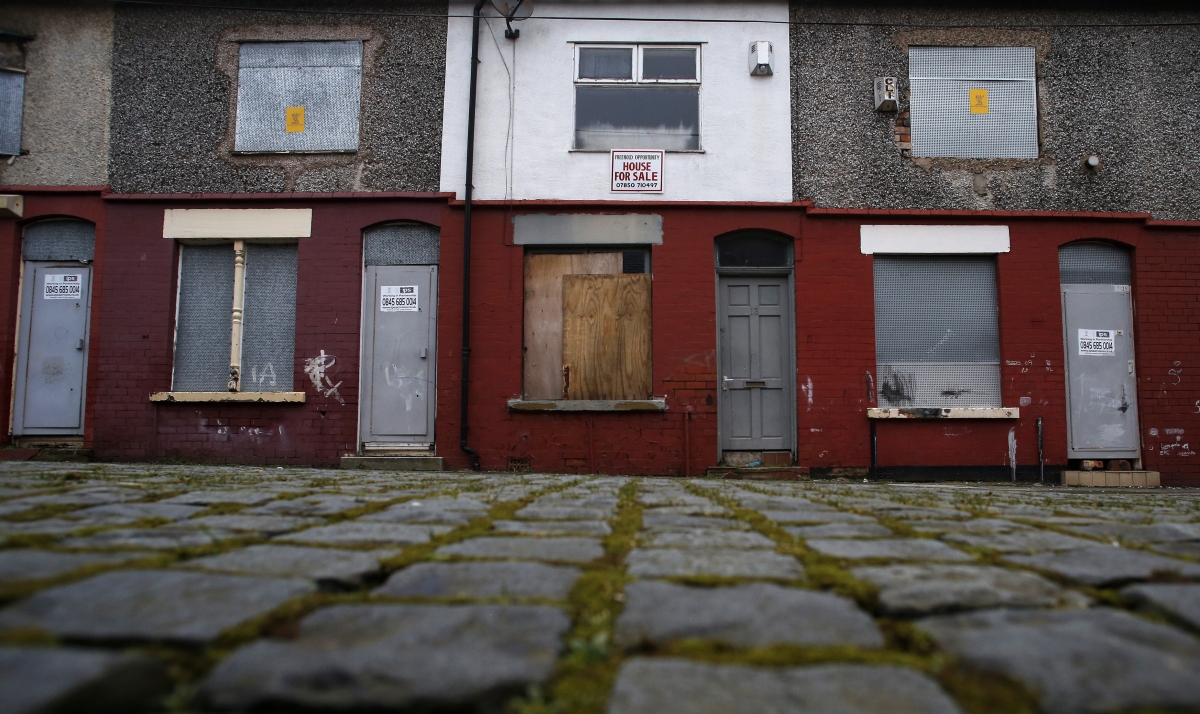Nearly thirty per cent of privately rented properties in the United Kingdom fail to meet the British Government’s minimum property standards. Perhaps more alarmingly a research paper published last year by the House of Commons research department admitted that since 2006 there has effectively been no minimum property standards for private rented housing in England.
Although there are rules which govern the actions of private landlords in the UK which include repairing obligations, these are virtually impossible to police by local government housing officers. Currently the enforcement of housing standards in England and Wales is carried out using a risk-assessment based regulatory model which replaced the Housing Fitness Standard in 2006.
According to the British Parliament research report, the private rented sector has the worst standards of any rental property type. Twenty-nine per cent of privately rented properties would fail to meet minimum standards compared with fourteen per cent of social housing. Furthermore, the report states that since the abolition of the Housing Fitness Standard “there have effectively been no minimum property standards for rented housing in England.”
Since the 1980s proportion of the UK population who are homeowners has declined steeply as new house building has failed to keep pace with population increases. At the same time, Britain’s private rented property sector has been largely deregulated in a process begun under the former Prime Minister Margaret Thatcher. Prior to this UK local government authorities maintained large numbers of properties which were let to the public on long-term letting contracts. The government’s holdings of this housing stock has been reduced greatly as many properties have sold to the public leaving the property rental sector increasingly dominated by private landlords.
The seriousness of the housing crisis in the UK is often the subject of debate in the British Parliament. In February the London MP Karen Buck claimed that nearly 750,000 properties in London have a category one hazard which includes excess cold, fire hazards, asbestos and carbon monoxide among other risks. Ms Buck also added that despite the severity of poor and dangerous housing standards in the British capital, only 250 landlords had been prosecuted for poor housing per year over the last eight years across the UK.
There have been several attempts to introduce minimum housing regulations in Parliament. In late 2015 Ms Buck proposed a “Fitness for Human Habitation Bill” to require that residential rented accommodation be provided and maintained in a state of fitness for human habitation. This proposal however failed to progress past the second reading stage and was dropped from Parliament’s schedule.
In addition to the effective lack of private rental housing standards, council authorities in the UK are also struggling to deal with complaints about poor housing. Last year in the House of Lords the Liberal Democrat peer, Baroness Bakewell, revealed that in 2012-13 little over half of housing complaints resulted in a council inspection. Of the 62,818 complaints received over the time period, only 31,634 inspections were carried out. This resulted in only 1,645 improvement notices being served, 2.6% of the total number of complaints. The most common categories of hazards and faults identified in inspections were: damp and mould, excess cold, overcrowding, falling hazards and fire.
Besides having the lowest property standards, privately rented properties are the most expensive housing type in the UK. Private renters now spend an average of 47% of their income on rent compared with 23% of the income of people with a mortgage and 32% for those in the social rented sector. These findings come as 11 million people now rent privately in the UK, a figure which has almost doubled in the last decade and is set to increase to around 22 million by 2030.
The Renters Alliance helps renters with bad landlords and letting agents. If you have a story you would like to share, please contact the National Renters Alliance through our website or email us at contact@nralliance.co.uk
